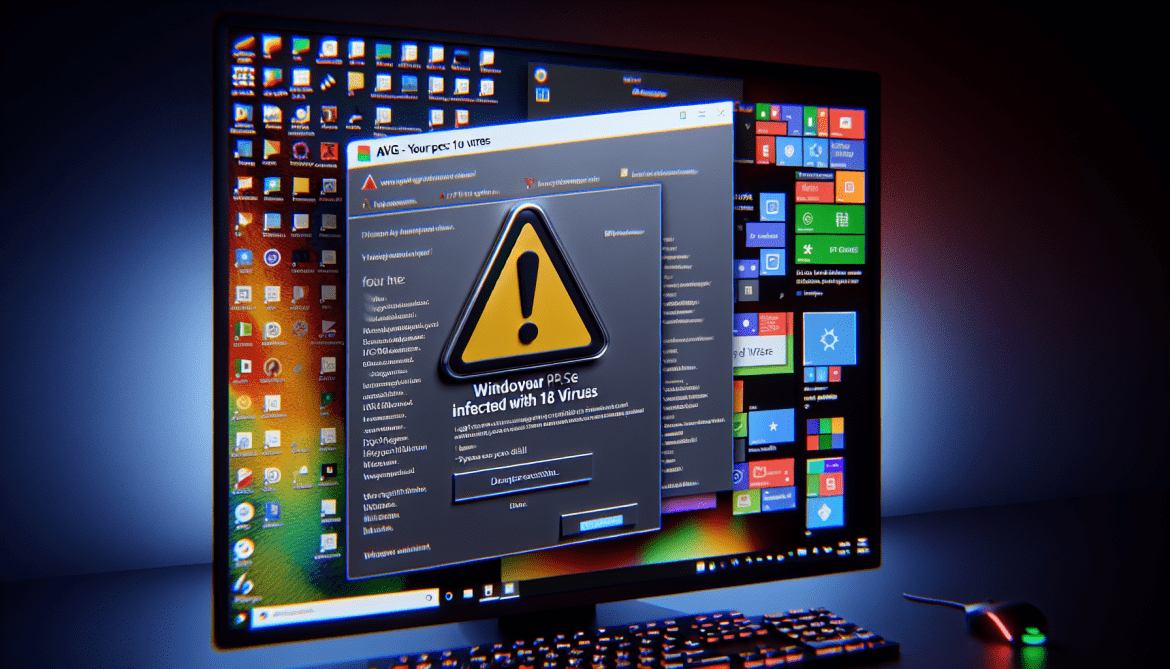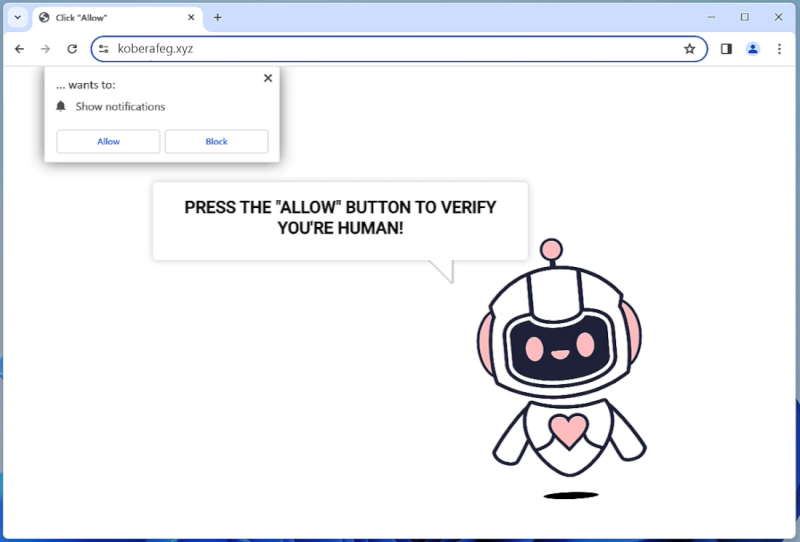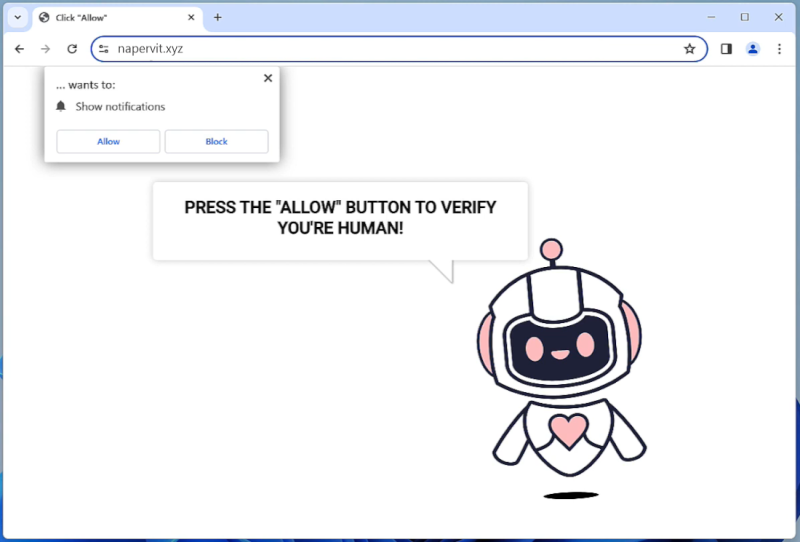A Decentralized Protocol is a set of rules and guidelines that allow for peer-to-peer interactions without the need for a central authority to oversee and control the process. This type of protocol enables individuals or entities to interact directly with each other, without the need for intermediaries or third-party involvement. Decentralized protocols are often used in blockchain technology, where transactions are verified and recorded by multiple participants in a network, rather than a single centralized entity.
Decentralized protocols have gained popularity in browsers because they offer increased security, privacy, and control over data. By using decentralized protocols, users can avoid having their information stored on centralized servers that are vulnerable to hacking or data breaches. Additionally, decentralized protocols allow for greater transparency and accountability, as users can verify and track their interactions with other participants in the network. Overall, the use of decentralized protocols in browsers helps to promote a more democratic and user-centric approach to internet interactions.










